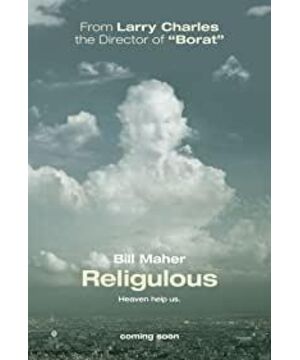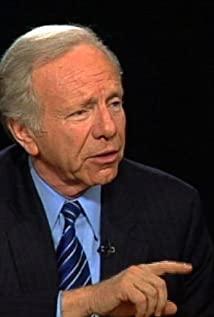Bill Maher:
[Extra]
So now let's get to the part where it ties in with what you believe which is, I would say, slightly more controversial
[laughs]
Bill Maher:
. Let me see if I understand this right. That everything we really know about what is going on in our World and all the Institutions like Government, Religion, Banking, Organised Crime. They really are all part of a I guess you'd call it a Conspiracy that Reptilians...
David Icke:
Well I call them Interdimensionals.
Bill Maher:
Okay, but I read what you wrote.
David Icke:
Yep.
Bill Maher:
Your words. Reptilian- These reptilians from the constellation Draco have interbred with humans and they are living amongst us, there are people like the Pope you talk about George Bush his father the President.
David Icke:
Yep.
Bill Maher:
The Royal Family in England. Tony Blair. They take human form but behind closed doors they can shape-shift back to their Reptilian form. I need to know how you know this.
David Icke:
I've been researching this stuff for twenty years.
Bill Maher:
How can you research that?
David Icke:
I've been to more than forty countries doing it. This is where the idea of the Divine Right to Rule comes from the Divine Right to Rule because of what? Because of your bloodline, because of your DNA. This goes right back to the ancient world.
Bill Maher:
Why do we need reptiles for that? People, human beings are shmucky enough to want to rule over each other.
David Icke:
Listen, you can tell me anything you believe and I can start taking it apart on the basis of a little chat in front of this place, right, but what I'm saying is...
Bill Maher:
People all the time summarise their works in television interviews.
David Icke:
And that's what I'm trying to tell ya.
Bill Maher:
Okay
David Icke:
If you look at the ancient world, all over the ancient world you find the same recurring story of the interbreeding between humans
[Caption of Genesis 6.4]
David Icke:
and non-humans which invariably are depicted in a reptilian form creating hybrid bloodlines, the bloodline of the gods and you look at the symbolism of the serpent all over the place and you put it together with everything else and people just have to look at the information and decide if they want to believe it.
Bill Maher:
But why if they have control of everything, why would they reveal themselves with all these serpent clues? What does that benefit them?
David Icke:
Well, they don't reveal themselves, do they? They certainly haven't convinced you, have they? The thing is...
Bill Maher:
You've also talked about getting a message from a spiritual messenger.
[David stutters]
Bill Maher:
No?
David Icke:
There are so many aspects to this that people need to know before the apparently ridiculous makes sense.
Bill Maher:
Didn't you say that you saw the Pope just for a second have his reptilian face?
David Icke:
No, I didn't say that about any Pope, no.
Bill Maher:
Oh, I read that.
David Icke:
Well, you didn't read it in my book.
[Caption: he only saw the Pope's eyes change]











